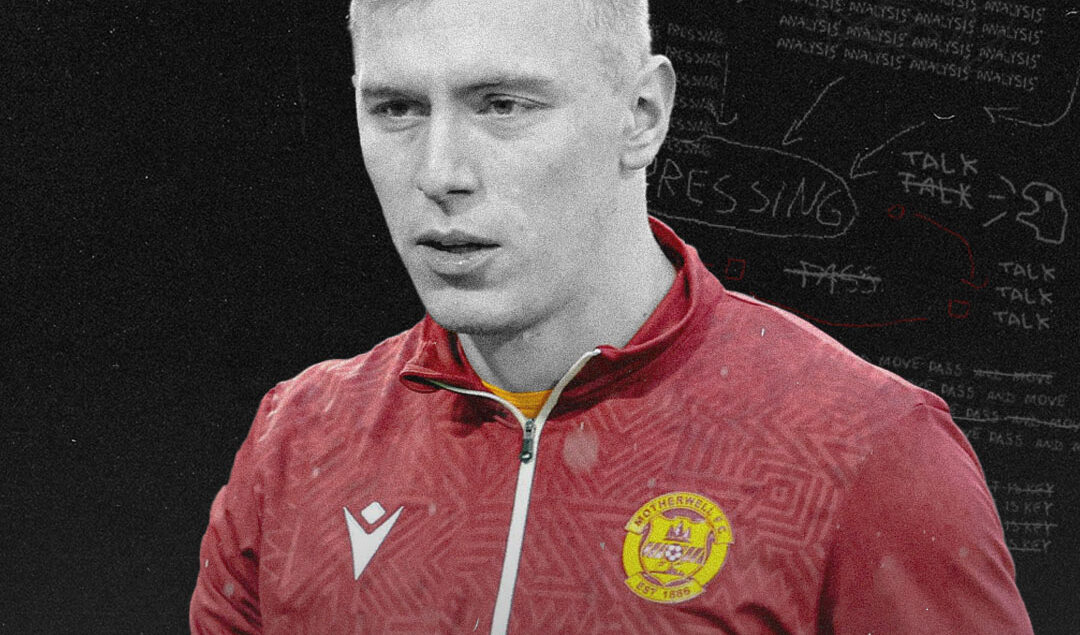Player Power vs. Club Power: Who Really Runs Football Today?
Football is drama. And the most compelling drama of the modern game isn’t just on the pitch but the power struggle behind the scenes. For decades, clubs sat comfortably on the throne. Players, no matter how talented, were replaceable assets. Contracts dictated careers. Managers ruled dressing rooms like monarchs.
Not anymore.
Today, the elite player isn’t just a footballer; he’s a brand, a media company, a billion dollar enterprise. Neymar didn’t just leave Barcelona for PSG in 2017, no he detonated a transfer bomb that redefined what control looks like in football. Mbappé’s saga with PSG has felt like a multi-season Netflix drama where he holds all the cards. A superstar tweet or cryptic emoji can shake an entire club.
And yet, clubs aren’t powerless. They’re just playing a smarter game.
Juninho and the Myth of Replication: Why Genius Can’t Be Copied
The Case for Player Power
Let’s be clear: the Bosman ruling of 1995 changed the sport forever. It gave players leverage. Suddenly, they could walk for free at the end of contracts, flipping the power script. Add the explosion of broadcast deals, sponsorship money, and social media, and the top 1% of footballers became global institutions.
Cristiano Ronaldo and Lionel Messi aren’t just names on a team sheet but financial engines. Haaland can move shirt sales like a rock star. Mbappé can delay a Real Madrid move for years, while still pocketing bonuses that dwarf some club budgets.
Today’s superstars can dictate terms, pick projects, and reject managers. They’ve turned negotiations into theatre, and fans are addicted.
But Clubs Still Rule the Board
Clubs aren’t passengers here; they’re the stage everything plays out on. Manchester City is proof that football empires aren’t built on one player but on systems, infrastructure, and vision. Real Madrid doesn’t chase stars; stars chase Real.
Jamie Vardy Leaves Leicester City: The End of an Era, But Not the Story
Contracts and clauses still give clubs enormous leverage. PSG didn’t just hold Mbappé hostage; they turned him into the highest-paid athlete in the world while doing it. Even Messi, had to bow to Barcelona’s finances before heading to PSG.
Behind the glitz, clubs remain the machinery of football. They own the stadiums, control the youth pipelines, and hold the keys to exposure. Players may trend, but clubs write the cheques.
Then there’s the agent class. Jorge Mendes, Mino Raiola, Pini Zahavi have made themselves indispensable. These guys don’t just broker transfers; they design careers. They’re the ones whispering in boardrooms, orchestrating salary wars, and plotting multi-club domination. In many cases, the “power struggle” is a game they’ve already won.
The Real Answer: Nobody Runs Football
This isn’t a war with a clear winner but a constantly shifting chessboard. Players have never been more powerful. Clubs have never been richer. Agents have never been savvier. Add billionaire owners, sovereign wealth funds, and breakaway leagues into the mix, and football is now a global power ecosystem where no one entity can truly dominate.
The Wizard Of Alvalade: The Magic, the Madness and the Making of Ricardo Quaresma
But here’s the takeaway: football is no longer just about 11 players vs. 11 players. It’s about brands vs. institutions vs. kingmakers. The game is bigger than any one player, club, or league and that’s exactly why we’re hooked.
Transfers are TV episodes now. Press conferences are mini-dramas. And every contract negotiation feels like a political summit.
Who really runs football? No one. And that chaos is what makes today’s game irresistible.
By: Ibukun Oluwadamilola / @ibukun_dami
Featured Image: @GabFoligno / Mark Scates – SNS Group
